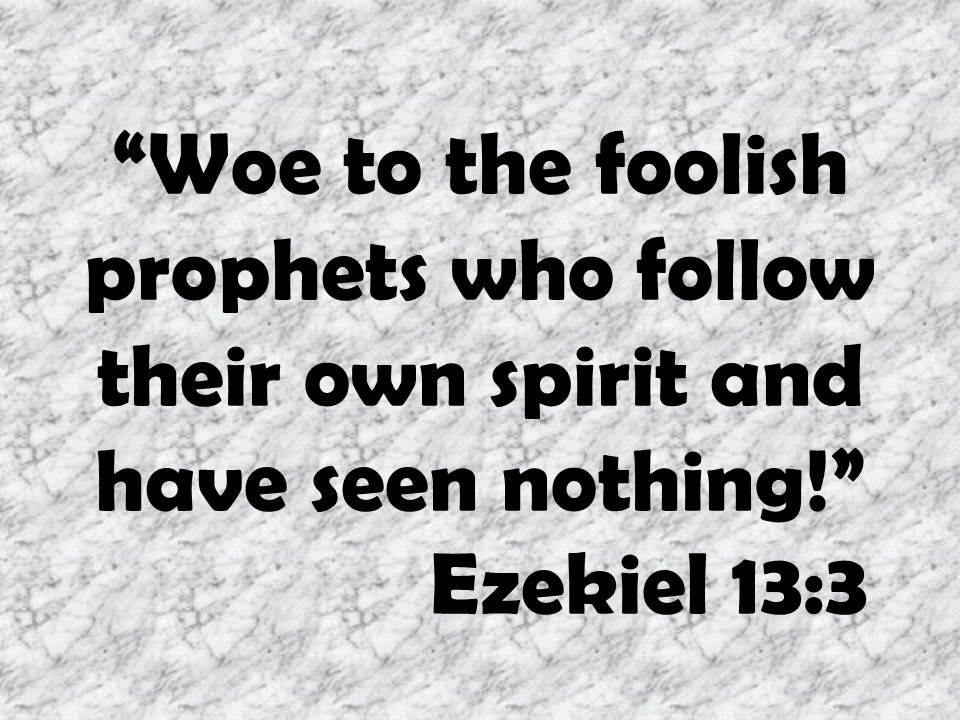Onesimus in the letter to Philemon: If he has done you any wrong or owes you anything, charge it to me. Philemon 1:18
0 comments
The letter to Philemon is a very short letter written by the apostle Paul and addressed especially to a rich Christian from the city of Colosse. The letter exposed the problem that the practice of slavery meant for the new Christians, which was allowed during the Roman Empire.
The apostle Paul very intelligently avoided any criticism to the imperial authority, because Paul in another of his letters had expressed: "Let everyone be subject to the governing authorities, for there is no authority except that which God has established. The authorities that exist have been established by God" Romans 13:1.
That is why Paul addressed the problem of slavery from the theme of love. Onesimus was a runaway slave and knowing the consequences that this had, he sought refuge under the authority of Paul who was in prison; and Paul in response sent him back to Philemon, his master, but not before sending him with a beautiful letter exposing the love of Christ towards all his brothers in the faith, which makes no distinction between free men and slaves.
This is how Paul began his epistle, praising Philemon's love and setting him as an example for his community: "I always thank my God as I remember you in my prayers, because I hear about your love for all his holy people and your faith in the Lord Jesus. I pray that your partnership with us in the faith may be effective in deepening your understanding of every good thing we share for the sake of Christ. Your love has given me great joy and encouragement, because you, brother, have refreshed the hearts of the Lord's people" Philemon 1:4-7.
And for Paul this love had to bear fruits of mercy and this meant accepting Onesimus no longer as a slave, but as a brother in the faith and love of Christ, because in the end, all men are debtors to God. That is why Paul ended the epistle by asking Philemon to treat Onesimus as if he were himself: "So if you consider me a partner, welcome him as you would welcome me. If he has done you any wrong or owes you anything, charge it to me" Philemon 1:17-18.
The epistle to Philemon is in essence a teaching about the universality of love, which leads all men without distinction of social status to that common life.

For more information visit my profile follow the link and download for free my ebook.



Comments